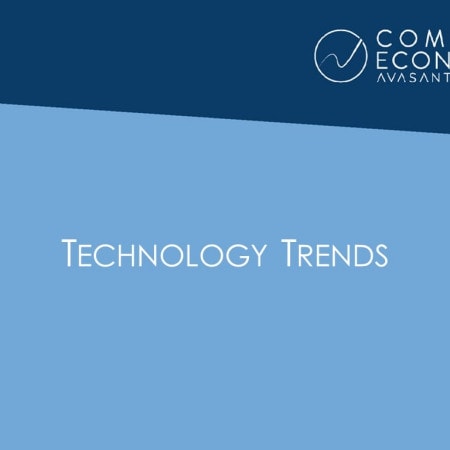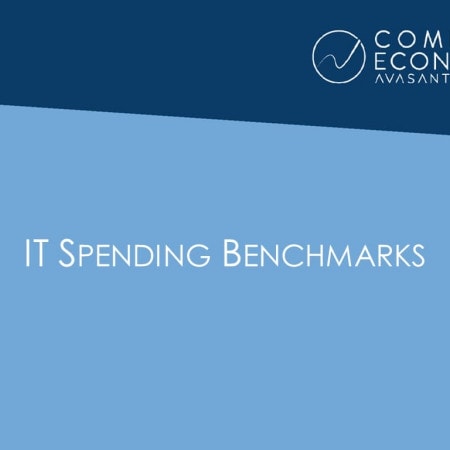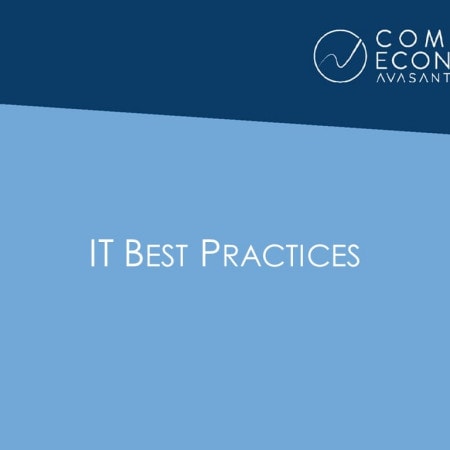-

Copper Battles Optical for the Cable Infrastructure Future (Aug 2001)
Gigabit Ethernet has kicked the dilemma between copper-based and optical cabling into high gear. Alternatively known as 1000Base-T, the new gigabit networks will up the ante on the performance of the cable infrastructure in many organizations. The rapid expansion of Gigabit Ethernet will force IT managers to confront this problem and make some tough decisions.
May, 2002
-

Capture Web Payoffs With Scripting Languages (Apr 2001)
Anyone perusing the WWW today immediately notices that sites are growing evermore complex. Dazzling graphics, full-motion video, and high-quality sound all contribute to enhancing the viewer's experience. Many e-commerce sites are coupled to databases, so orders can be processed and inventory updated in realtime. To compete in this environment, your websites must offer equivalent or better features to maintain the interest of site visitors and stand out from the competition.
May, 2002
-

mySAP.com Packaging and Pricing (Mar 2001)
This report provides an overview of packaging and pricing for mySAP.com.
May, 2002
-

E-Commerce Economic Secrets Revealed (May 2002)
Ideas regarding how e-commerce compares to how traditional marketplaces operate abound, but few of those opinions are based on empirical facts. Economic studies have shed light on the price levels, consumer sensitivity to product prices (price elasticity), overhead for changing prices (menu costs), and online price dispersion.
May, 2002
-

Worldwide E-Business Technology Spending Projections 2001 to 2003 (Feb 2001)
This report shows projected E-Business Technology spending by major category of spending. Industry sector spending in the United States is shown for the major spending categories in organizations that have over 100 employees. Spending by major category is also shown for organizations that have 10 to 100 employees and those that have one to nine employees. In addition, projected spending is shown for the European, Latin America, and Asia/Pacific regions by category.
May, 2002
-

Web Services Moving Toward Federated Authentication (May 2002)
The major concern of online shoppers remains the security of e-commerce sites. While the number of consumers willing to provide credit card numbers or personal information online continues to rise, the lack of easily used security measures remains an impediment to more rapid growth in those numbers. Security requirements also extend to the necessity for nonrepudiation of transactions, so merchants can be assured that the online orders are valid and were made by the credit card owners.
May, 2002
-

The Cost of Security Breaches (May 2002)
The sixth annual Computer Crime and Security Survey conducted by the Computer Security Institute (CSI) with the participation of the San Francisco Federal Bureau of Investigation's (FBI) Computer Intrusion Squad provides an updated look at the impact of computer crime in the United States.
May, 2002
-

Management Tools and IP Move Into Enterprise Storage (May 2002)
Enterprise storage remains a hot area for development and controversy. Among the hottest issues are far less interoperability among storage vendors than in other IT applications, competing transfer technologies, and an ever-growing need for larger capacities and faster data transfers. Despite the difficulty managers encounter in configuring their storage systems, the outcome for almost all new installations will be improved performance with lower ownership costsâif not immediately, at least within the first two years of operation.
May, 2002
-

Enterprise Broadband Can Cut Costs (May 2001)
Internet emphasis has shifted from processing speed to bandwidth. The need for wider pipes grows with increases in traffic along with graphic and sound content. As an alternative to traditional T1 or ISDN lines, broadband access can reduce both costs and hassles.
May, 2002
-

Cash In Through B2B Exchanges (Jun 2001)
Many manufacturing companies are finding that because of business climate shifts their products are becoming a decreasing source of profits. Instead "soft" assets are becoming more important as companies evolve into content providers as well as being manufacturers. Content can be a major differentiator among competitors as customers come to value information and services that simplify their purchasing processes. Consequently, IT managers must recognize and buy into this trend. Fees for access to content can grow into a new channel for revenues. Computer Economics projects a rising trend in B2B revenues.
May, 2002
-

Expected Budget and Staffing Trends in Manufacturing Companies (Jun 2001)
Computer Economics has conducted annual benchmarking studies of IT budgets and technology trends since 1990. This analysis examines data from five key benchmarks for the last five years, benchmarking results from the 2001 study, and what we expect to occur during the next two years. The areas analyzed are budget changes, central IS budgets as a percent of revenue, central IS spending per employee, workers supported per IS employee, and the growth or reduction in IS staff.
May, 2002
-

Computing Power Trends by Platform and Organization Revenue TriMark – 1998 to 2000 (Feb 2001)
The Computing Power Trends by Platform and Organization Revenue TriMark shows changes in usage of various hardware platforms for the years from 1998 to 2000 by organization revenue. The types of platforms include mainframes ($1 million or more), midrange systems ($100,000 to $999,999), LAN servers/superservers, and PCs/workstations. The Computing Power Trends by Platform TriMark is designed to provide IT executives with a comparison of changes in computing power by platform for the last three years.
May, 2002
-

IS Department Budget as a Percentage of Total IT Spending InfoTechMark: TriMark 1998 to 2000 and DeciMark 1991 to 2000 (Feb 2001)
The IS Department Budget as a Percentage of Total IT Spending InfoTechMark shows the portion of IS spending that is accounted for on the central IS budget for each sector or by organization revenue. This benchmark is useful to IS managers or staff evaluating the portion of IS spending that is centralized and not centralized in their sector. The IS Department Budget as a Percentage of Total IT Spending TriMark shows average budget changes for 1998 to 2000. The IS Department Budget as a Percentage of Total IT Spending DeciMark shows average budget changes for 1991 to 2000.
May, 2002
-

Computing Power Trends by Platform and Organization Revenue DeciMark – 1991 to 2000 (Feb 2001)
The Computing Power Trends by Platform and Organization Revenue DeciMark shows changes in usage of various hardware platforms for the years from 1991 to 2000 by organization revenue. The types of platforms include mainframes ($1 million or more), midrange systems ($100,000 to $999,999), LAN servers/superservers, and PCs/workstations. The Computing Power Trends by Platform DeciMark is designed to provide IT executives with a comparison of changes in computing power by platform for the decade.
May, 2002
-

Computing Power Trends by Platform and Sector DeciMark – 1991 to 2000 (Feb 2001)
The Computing Power Trends by Platform and Sector DeciMark shows changes in usage of various hardware platforms for the years from 1991 to 2000. The types of platforms include mainframes ($1 million or more), midrange systems ($100,000 to $999,999), LAN servers/superservers, and PCs/workstations. The Computing Power Trends by Platform DeciMark is designed to provide IT executives with a comparison of changes in computing power by platform for the last decade.
May, 2002

 Grid View
Grid View List View
List View